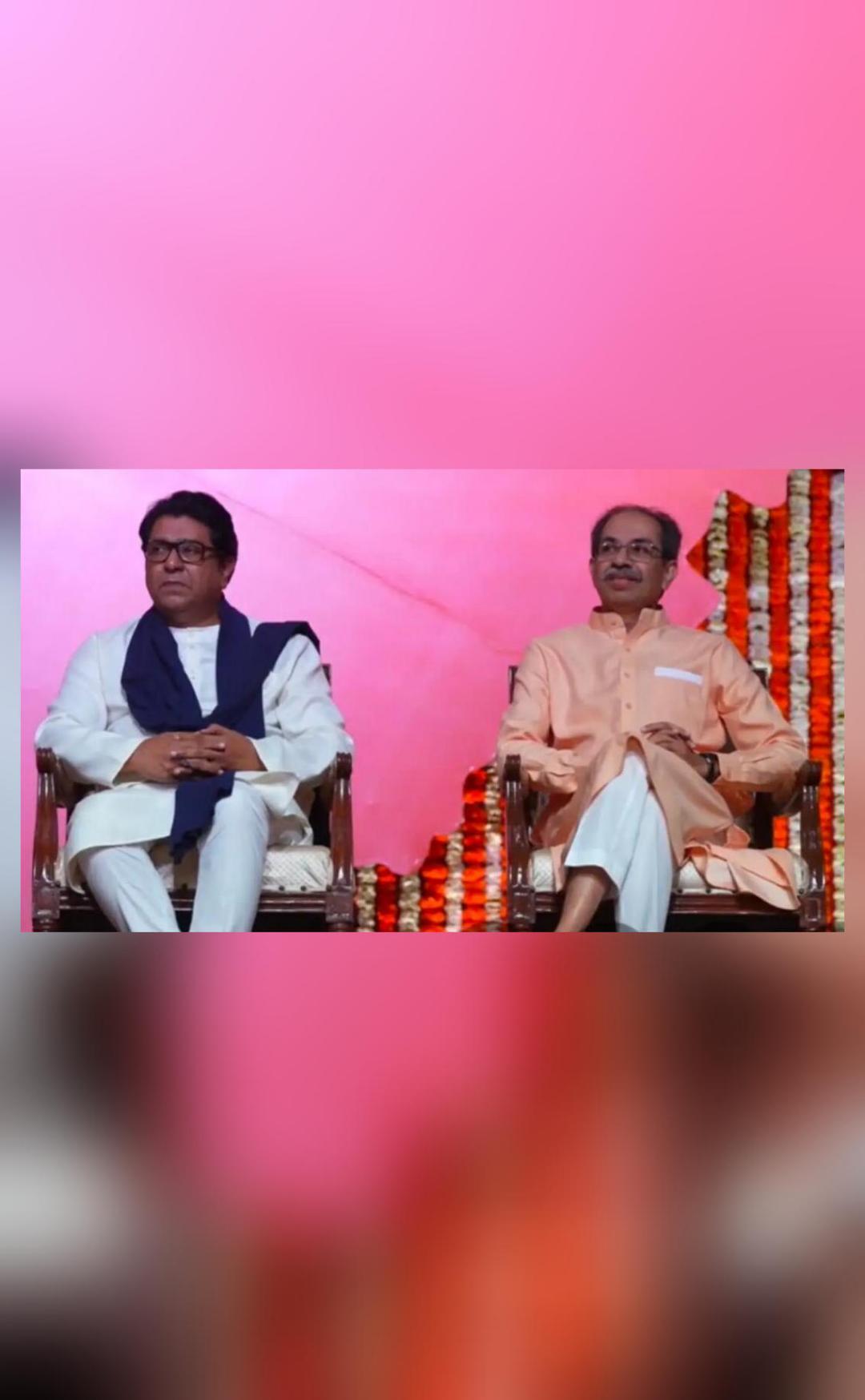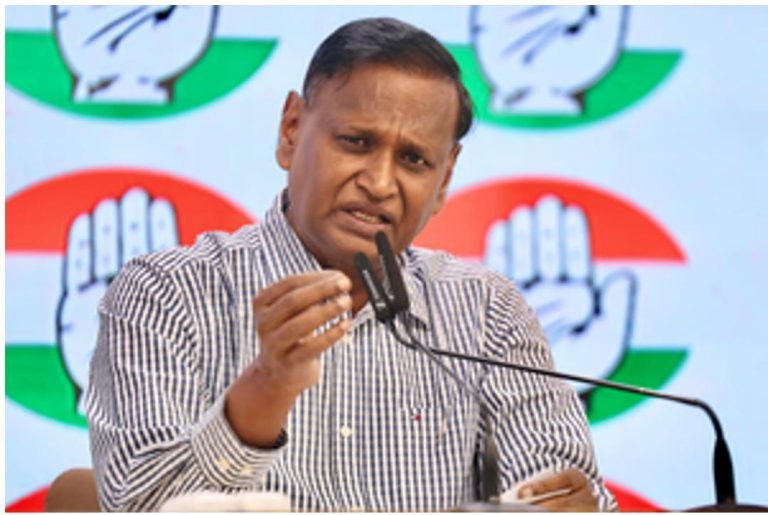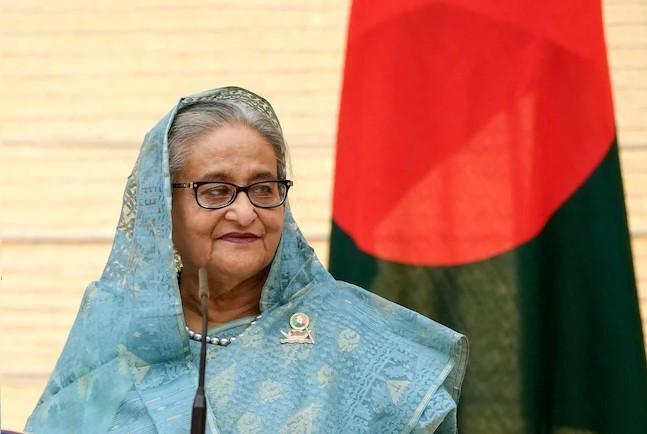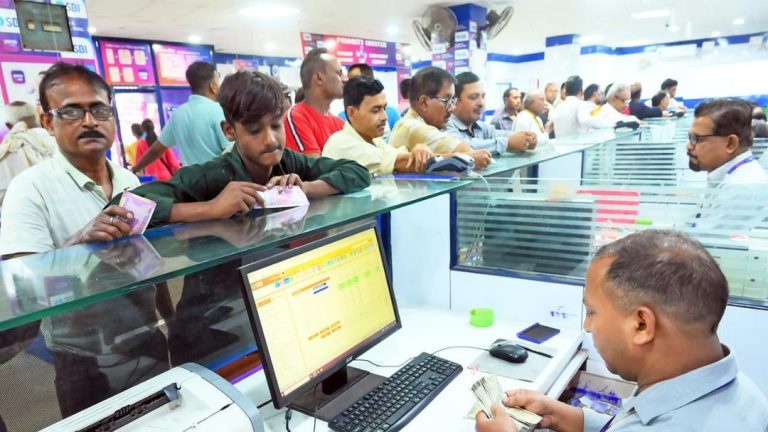
Neither Hindi nor Marathi, Uddhav & Raj just love family: BJP
In a recent joint rally to celebrate the Maharashtra government’s rollback of the three-language policy, Shiv Sena (UBT) chief Uddhav Thackeray and MNS president Raj Thackeray came together, leaving many to wonder if this unlikely alliance was a sign of a change in their ideologies or just a temporary truce. However, it seems that the BJP is not buying into the idea that these two leaders have suddenly developed a love for each other or a shared passion for the state’s languages. In fact, BJP leader Gaurav Vallabh has come forward to criticize the duo, stating that their coming together is purely due to political compulsion.
According to a report by ANI, Vallabh said, “Stop hiding behind Hindi and Marathi. You neither love Marathi nor Hindi, you just love your family.” His statement is a clear indication that the BJP is not impressed with the alliance between Uddhav and Raj Thackeray, and believes that it is nothing more than a desperate attempt to stay relevant in the political scene.
The three-language policy, which was rolled back by the Maharashtra government, was a contentious issue that sparked a heated debate in the state. The policy aimed to make Hindi, English, and Marathi compulsory subjects in schools, but was met with widespread opposition from various sections of society. The Shiv Sena (UBT) and the Maharashtra Navnirman Sena (MNS) were among the key opponents of the policy, and their joint rally to celebrate its rollback was seen as a sign of their newfound unity.
However, Vallabh’s statement suggests that the BJP is not convinced that this alliance is genuine, and that Uddhav and Raj Thackeray are merely using each other to further their own political interests. The BJP leader’s comments have sparked a fresh round of debate on social media, with many taking to Twitter to express their opinions on the matter.
Some have criticized Vallabh’s statement, accusing him of being divisive and trying to create a wedge between the people of Maharashtra. Others have praised his honesty, saying that he is simply telling it like it is and refusing to sugarcoat the truth.
The controversy surrounding the three-language policy is just the latest chapter in a long-standing debate about the role of languages in Maharashtra. The state has a unique cultural identity that is shaped by its history, geography, and linguistic diversity. Marathi is the official language of the state, but Hindi and English are also widely spoken and used in various aspects of public life.
In recent years, there has been a growing trend towards the promotion of Marathi and the preservation of the state’s cultural heritage. This has led to a number of initiatives aimed at promoting Marathi language and culture, including the introduction of Marathi as a compulsory subject in schools and the establishment of Marathi-language universities.
However, not everyone is happy with this trend, and there are many who believe that the promotion of Marathi is being used as a tool to marginalize other languages and cultures in the state. The controversy surrounding the three-language policy is just one example of the complex and often contentious issues that surround language and culture in Maharashtra.
In conclusion, the controversy surrounding the three-language policy and the joint rally by Uddhav and Raj Thackeray has once again highlighted the complexities and challenges of language and culture in Maharashtra. While the BJP’s Gaurav Vallabh has criticized the duo’s alliance, saying that they are hiding behind Hindi and Marathi to further their own interests, others have praised their unity and seen it as a sign of their commitment to the state’s linguistic and cultural diversity.
As the debate continues to rage on, it is clear that the issue of language and culture in Maharashtra is far from being resolved. However, it is also evident that the people of the state are passionate about their language and culture, and will continue to fight for their rights and interests in the face of adversity.






